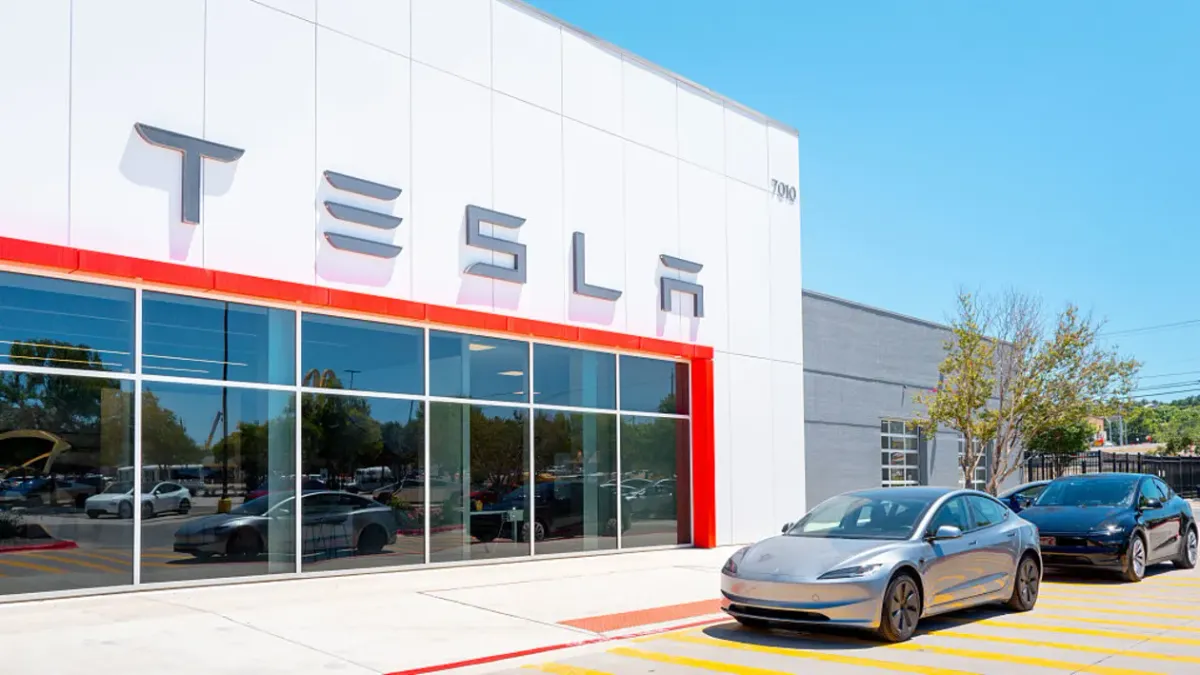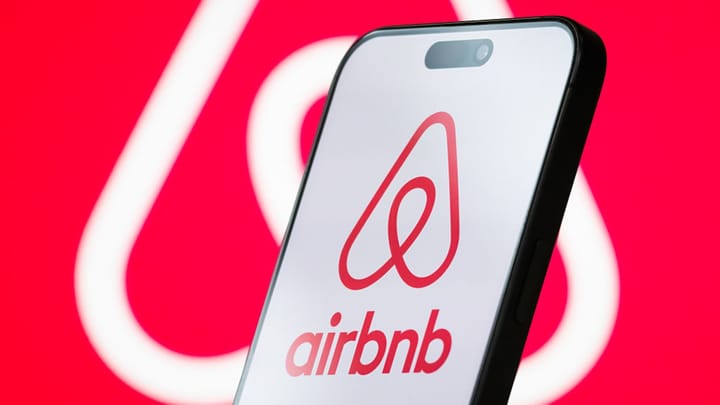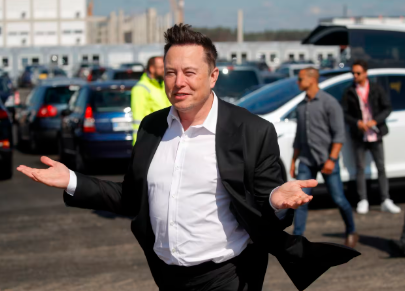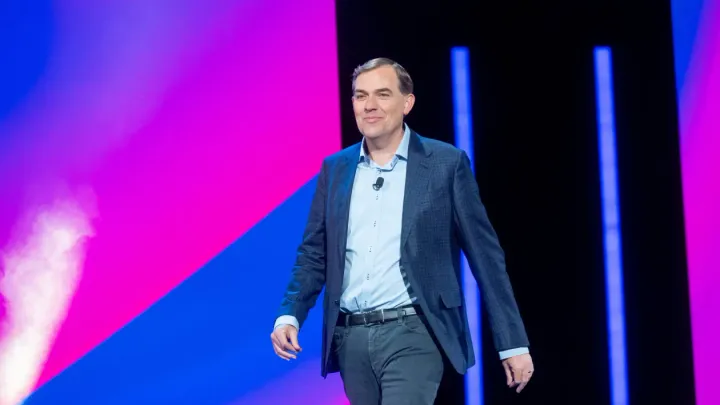Tesla Responsible in Part for Fatal Autopilot Accident, Told to Pay Up to $242.5 Million

In a historic verdict, a Miami jury held that Tesla should pay part of $329 million in damages after one of its Autopilot systems caused a fatal crash in 2019. The court held the electric vehicle manufacturer 33% liable for the accident, ordering $129 million in compensatory damages and $200 million in punitive damages, mostly intended to punish Tesla's actions in the tragedy.
The case involved a Tesla Model S accident that resulted in the death of Naibel Benavides, 22, and left her boyfriend, Dillon Angulo, severely injured with broken bones and a traumatic brain injury. Tesla driver George McGee had been operating Tesla's "Enhanced Autopilot" when he dropped his phone, picked it up, and did not slow down at an intersection. The vehicle, travelling over 60 mph, ploughed into a parked car and its nearby owners.
The Jury’s Decision
While it was determined that McGee was most to blame, the jury also faulted Tesla on grounds of design errors and deceptive marketing of its Autopilot system. Plaintiff lawyers claimed Tesla did not limit Autopilot usage to highways, when in fact it was intended only for highway conditions. They also faulted CEO Elon Musk's statements to the public that Autopilot was safer than human drivers.
Consequently, Tesla will have to pay approximately $42.5 million of the compensatory damages, in addition to the entire $200 million in punitive damages, since these were only imposed on the company. This totals the amount to be paid to about $242.5 million, although Tesla intends to appeal the judgement.
Tesla's Response
In a statement to CNBC, Tesla said the verdict was "wrong" and would put back the advancement of life-saving car technology. The company reiterated that McGee was entirely responsible for the crash, based on his admission to speeding, not paying attention to the road, and having his foot on the accelerator—behaviours that overrode Autopilot.
Wider Implications
The ruling may establish a precedent for the numerous lawsuits filed against Tesla's Autopilot and Full Self-Driving (FSD) technologies. More than a dozen such cases are ongoing, and inspection by the National Highway Traffic Safety Administration (NHTSA) is increasingly intense.
The NHTSA has opened two investigations: one in 2021 to determine if there are defects in Autopilot, and a second to assess if Tesla's following software updates were enough to correct those problems. The agency has also cautioned Tesla over its marketing terminology, indicating it might be misleading drivers into thinking their cars are autonomous, even though user guides contain clear disclaimers.
The ruling comes at a critical juncture for Tesla. CEO Elon Musk is aggressively attempting to make the company a pioneer in autonomous driving, planning fleets of robotaxis. Tesla's shares fell 1.8% after the verdict and are currently down 25% this year—the sharpest decline of big technology stocks.
FAQs: Tesla Autopilot Crash Verdict
What was the 2019 crash about?
A Tesla Model S being driven using Autopilot crashed into a stationary vehicle in Key Largo, Florida, killing Naibel Benavides and her boyfriend. The driver had glanced away from the road to pick up a phone dropped on the floor.
How much does Tesla need to pay?
Tesla was held 33% liable and is required to pay approximately $42.5 million in compensatory damages and the entire $200 million in punitive damages, which amounts to about $242.5 million.
Why was Tesla held responsible?
The jury concluded Tesla's Autopilot system was misleadingly marketed and had no limits set on it, enabling it to be used outside safe areas such as highways. Public declarations made by Elon Musk were also found to be misleading.
What is Tesla's defense?
Tesla asserts the driver was entirely responsible. They state he was speeding, distracted, and had overridden Autopilot by stepping on the accelerator pedal, rendering the system useless.
What does it portend for Tesla's Autopilot future?
This case has the potential to have wide-reaching implications. With more than a dozen such lawsuits pending and government investigations still in the works, Tesla might come under additional pressure to strengthen safety measures and rethink marketing tactics for its autonomous technology.



